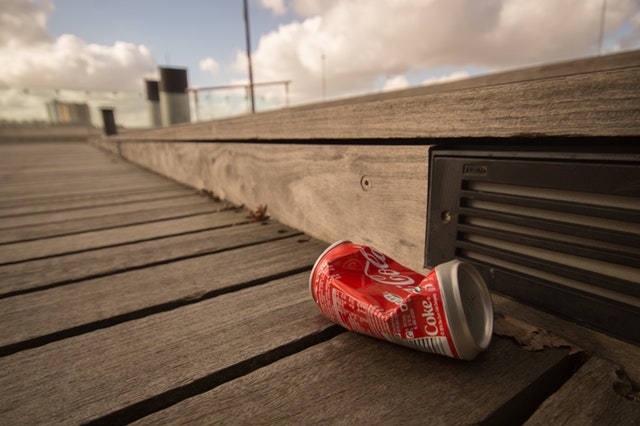The Zero Waste Movement
The term zero waste was first used in the 1970’s by Paul Palmer, a chemist who’s company Zero Waste Systems was established to reduce the amount of chemical waste in laboratories across the United States. Following his initial success, Palmer created the Zero Waste Institute. The institute shifted focus from the electronic world into general waste management.
As emphasis shifted towards recycling in 1990’s, the Zero Waste movement began to grow. By 2002, the city of San Francisco had established a zero waste goal and was named the greenest city in the United States. However, the concept was anything but mainstream and waste continued to be produced at dangerous levels.

The move into the 21st century was accompanied by the rapid growth of the internet. As information became more readily available, the amount of zero waste innovators around the world continued to grow. One of the most significant zero wasters of the time was Bea Johnson, who’s Zero Waste Home blog would go on to inspire hundreds of thousands around the globe. Johnson brought the 5 R’s (Refuse, Reduce, Reuse, Recycle and Rot) of the zero waste movement to prominence. This template of zero waste living provided potential zero wasters around the world an easy to understand and implement rule book.
Now, with the help of social media, people around the world are embracing a zero waste lifestyle. Zero waste is no longer a theory and is being put into action by people in cities all over the world. The concept of a greener future has created a community of people who are willing to make a difference and help create a brighter future for the planet. Zero wasters have found that it is possible to live a happy, fulfilled life without creating unnecessary waste and damaging our environment.
Ultimately, the goal of the zero waste movement is to provide a cleaner, greener alternative to the way we manage our waste. It is not too late to make a difference and what the zero waste movement aims to do is inspire positive change on an international level and make landfills a thing of the past.

